Biology
-
Saltwater & Freshwater
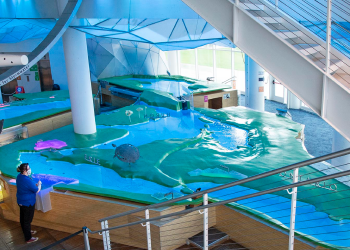 Learn about history of the Great Lakes and the difference between saltwater and freshwater. How do aquarists take care of saltwater and freshwater animals?https://youtu.be/qzm8pMwdL6E
Learn about history of the Great Lakes and the difference between saltwater and freshwater. How do aquarists take care of saltwater and freshwater animals?https://youtu.be/qzm8pMwdL6EMigration Map
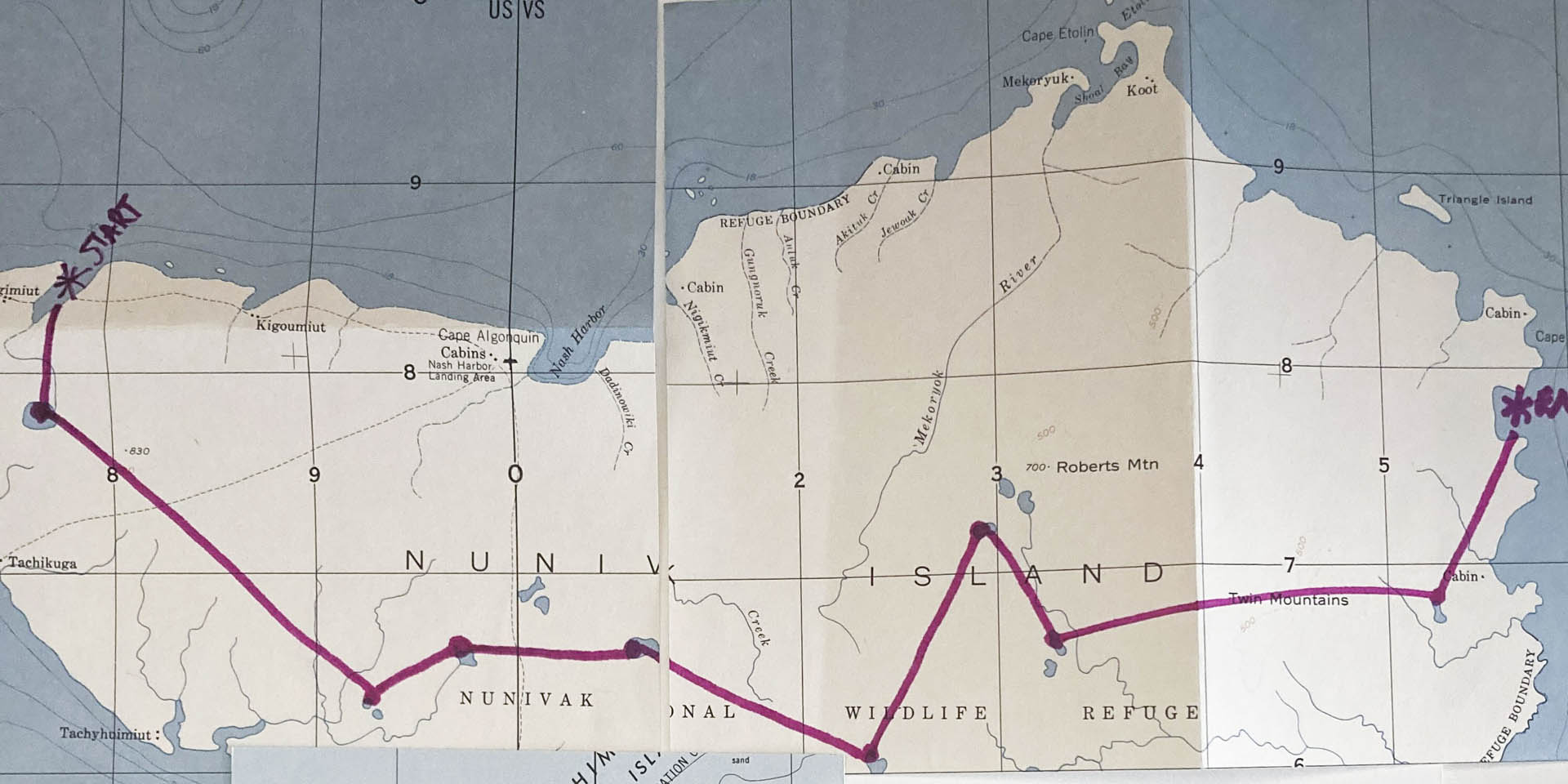 Why do you only see certain animals when the weather is warmer? Study patterns, become a migration specialist, and make your own migration map! DIY Migration Map Activity Sheet
Why do you only see certain animals when the weather is warmer? Study patterns, become a migration specialist, and make your own migration map! DIY Migration Map Activity SheetAmazing Animals
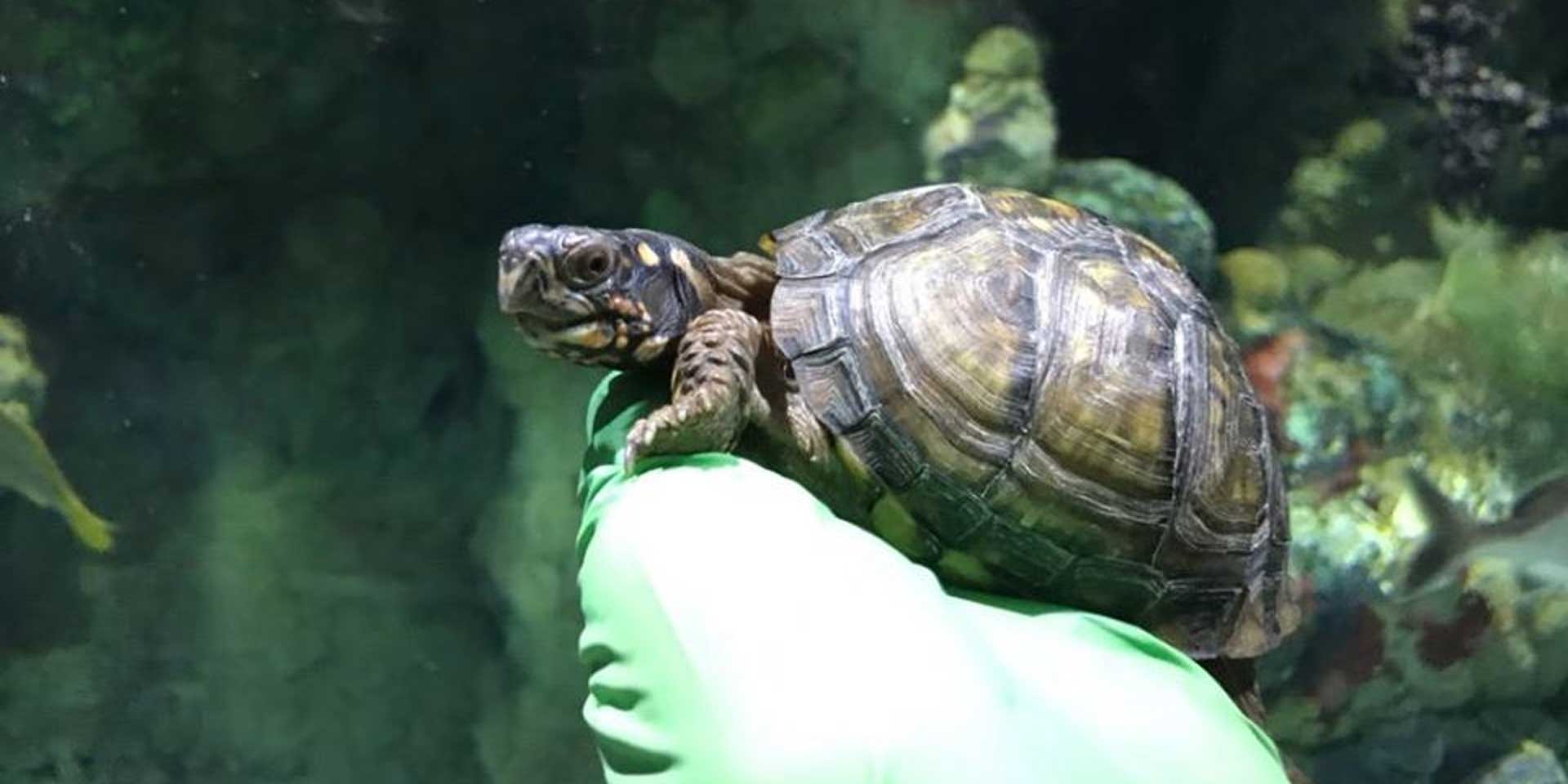 Stay connected to all of the amazing animals that call Discovery World home! Five Fishy Facts about Freshwater Turtles Five Fishy Facts about Ball Pythons Five Fishy Facts about Moon Jellyfish Five Fishy Facts about Volunteer Diving Five Fishy Facts about Lake Sturgeon Five Fishy Facts about Stingrays
Stay connected to all of the amazing animals that call Discovery World home! Five Fishy Facts about Freshwater Turtles Five Fishy Facts about Ball Pythons Five Fishy Facts about Moon Jellyfish Five Fishy Facts about Volunteer Diving Five Fishy Facts about Lake Sturgeon Five Fishy Facts about StingraysSwim Bladders
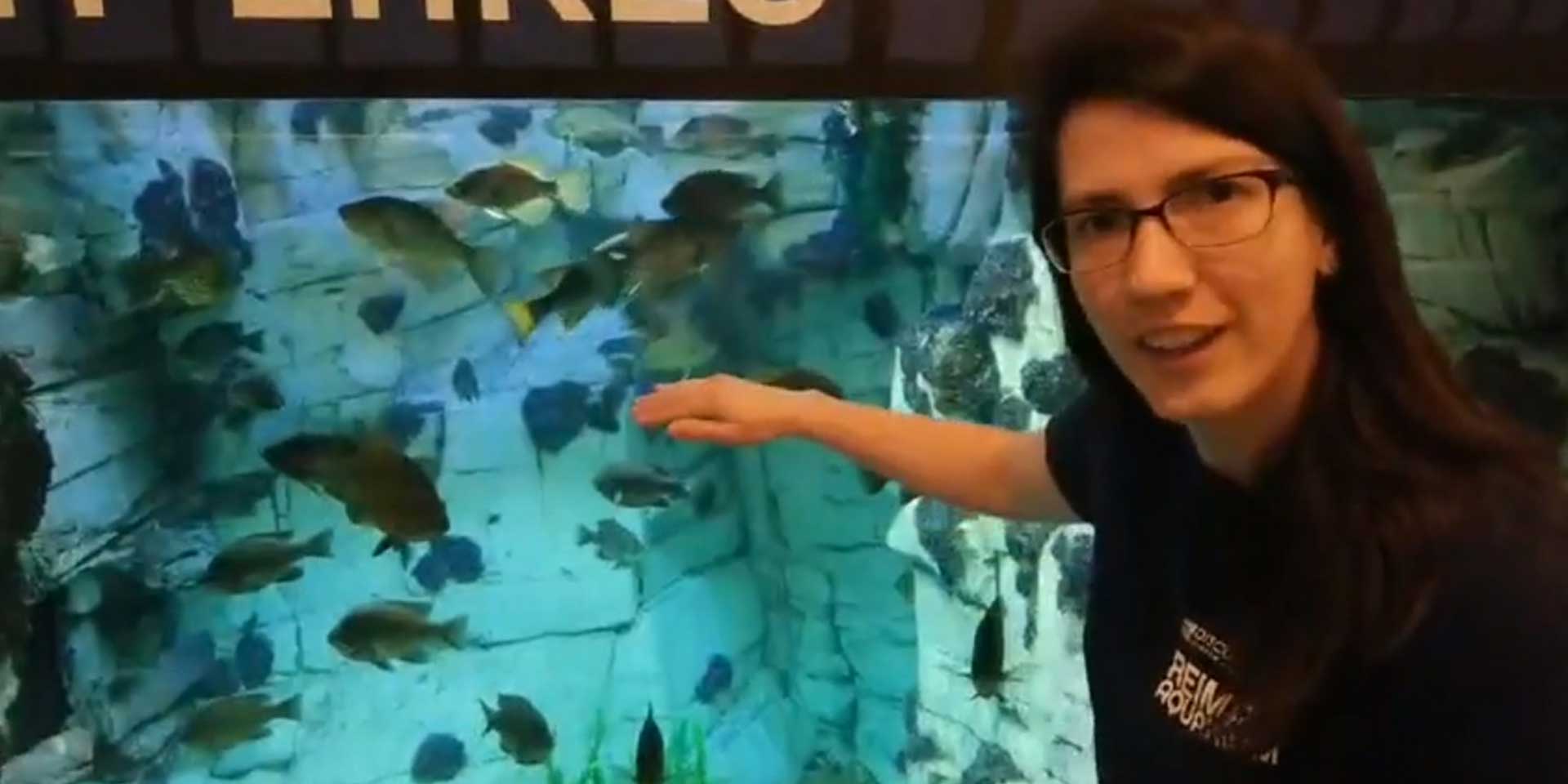 Learn about density by exploring how fish use swim bladders to keep from sinking or floating upwards. Swim Bladders Video
Learn about density by exploring how fish use swim bladders to keep from sinking or floating upwards. Swim Bladders VideoFungus Among Us
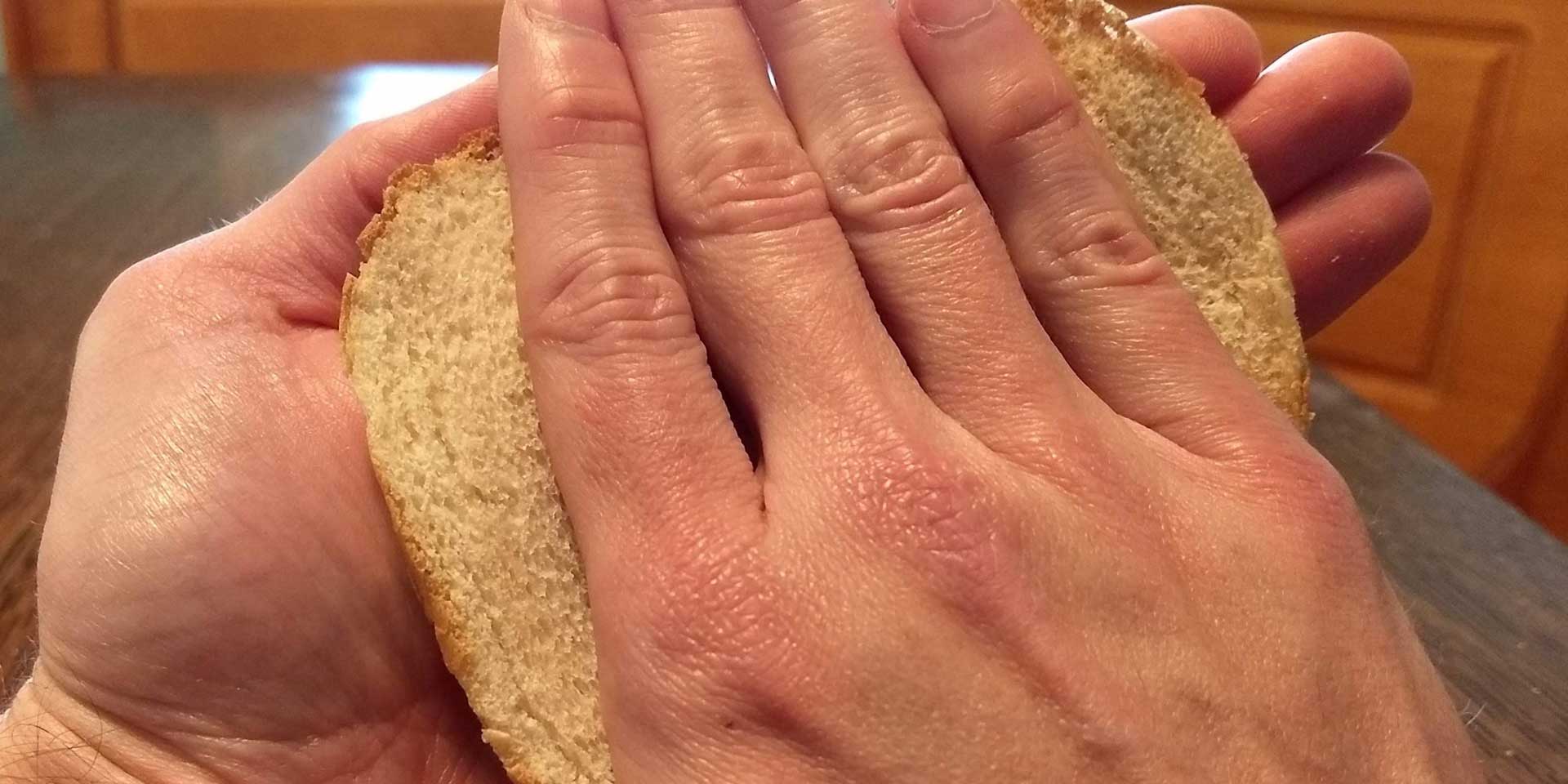 Bacteria and fungus live all around and on us, but aren’t visible to the naked eye. Test areas of your home to discover where the most mold may be hiding! Fungus Among Us Activity Sheet
Bacteria and fungus live all around and on us, but aren’t visible to the naked eye. Test areas of your home to discover where the most mold may be hiding! Fungus Among Us Activity SheetBird Watching Journal
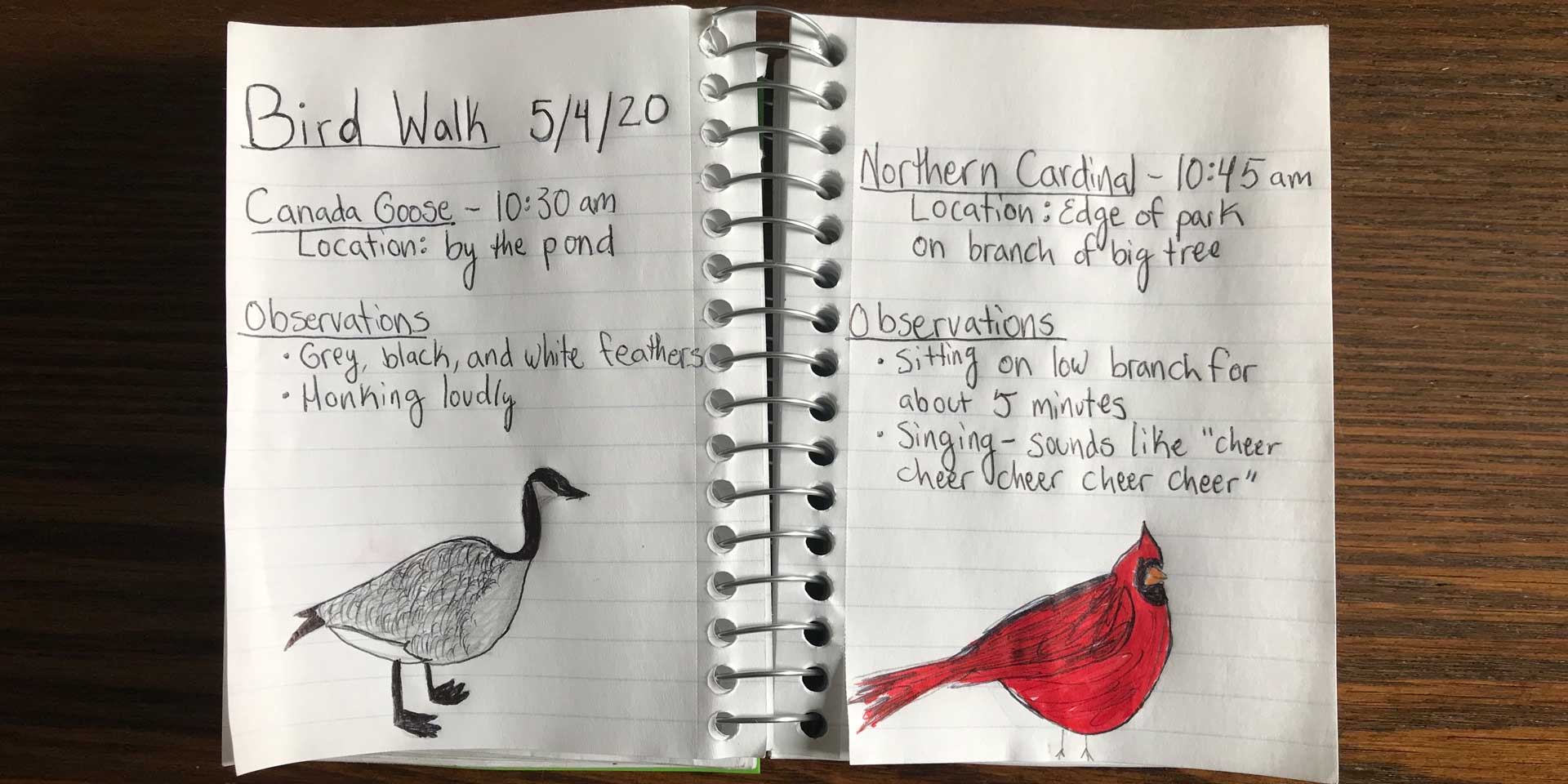 There are over 300 species of birds in Wisconsin. Learn where to look for birds in your neighborhood and how to identify them. How many can you spot? Bird Watching Journal Activity Sheet
There are over 300 species of birds in Wisconsin. Learn where to look for birds in your neighborhood and how to identify them. How many can you spot? Bird Watching Journal Activity SheetUnderwater Flight
The owner of this website has made a commitment to accessibility and inclusion, please report any problems that you encounter using the contact form on this website. This site uses the WP ADA Compliance Check plugin to enhance accessibility. Skip to content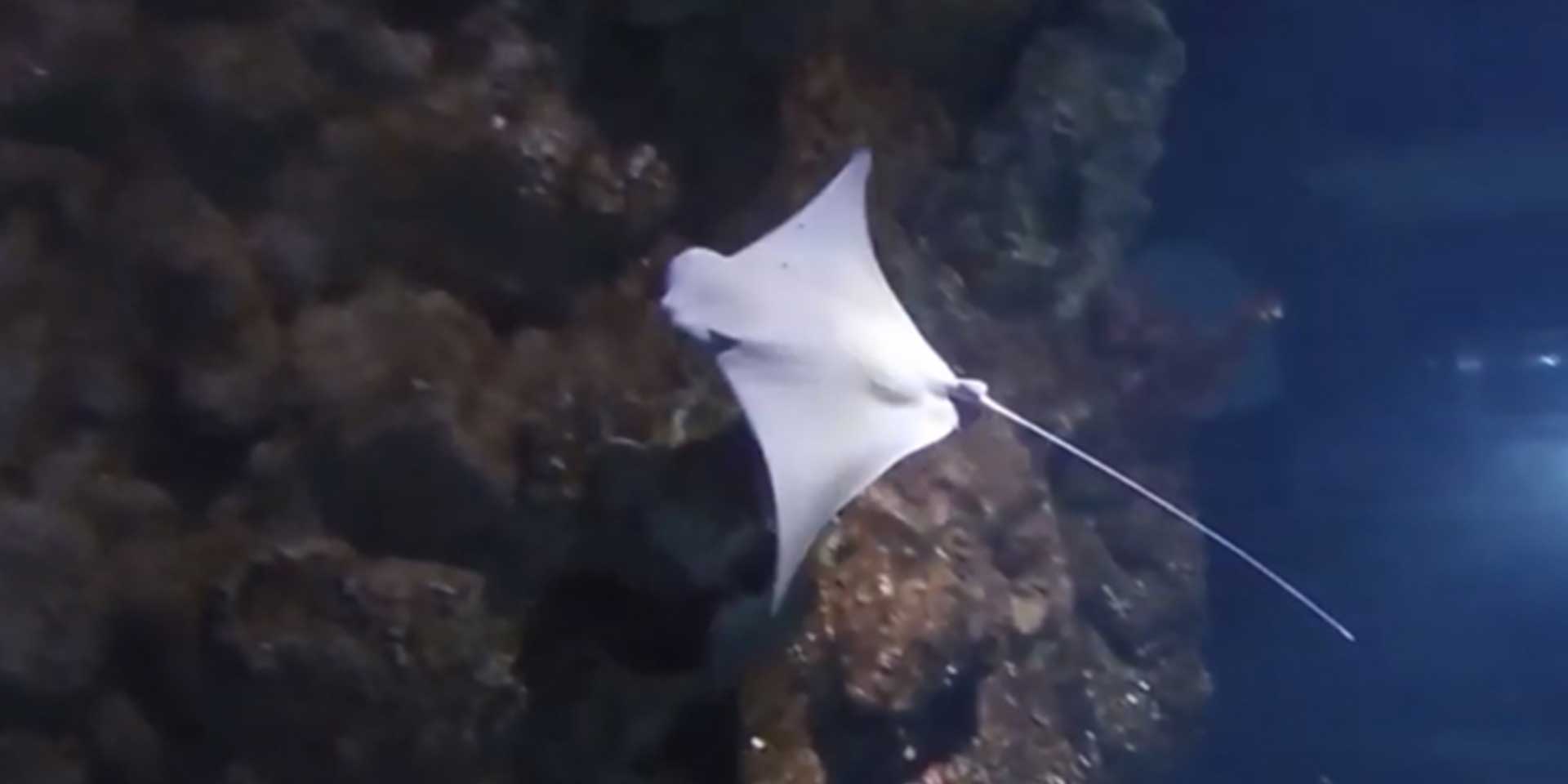 Cownose rays appear to glide through the water as if they are flying. Learn about the similarity between the dynamics of a bird's flight and a cownose ray's graceful swimming. Underwater Flight Video
Cownose rays appear to glide through the water as if they are flying. Learn about the similarity between the dynamics of a bird's flight and a cownose ray's graceful swimming. Underwater Flight VideoHexagon Structures
 Hexagons can be found in nature in the patterning of rocks, insect eyes, and much more. Build your own structure and discover what makes hexagons nature’s perfect shape. Hexagon Structures Activity Sheet
Hexagons can be found in nature in the patterning of rocks, insect eyes, and much more. Build your own structure and discover what makes hexagons nature’s perfect shape. Hexagon Structures Activity SheetCamouflage Creation
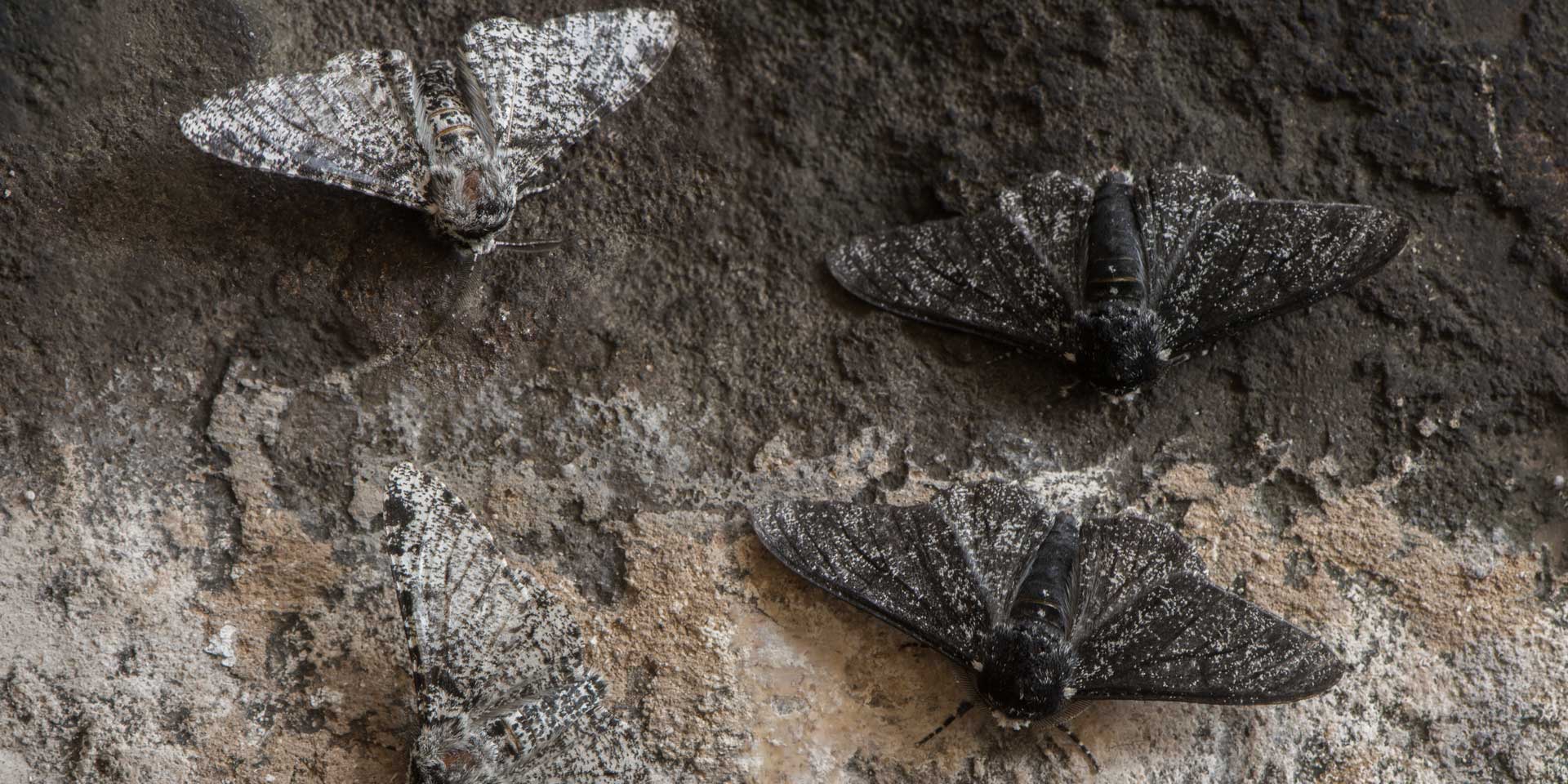 Peppered moths are experts at blending into the background of their natural habitat. Give your own moths some camouflage and challenge people to find them. Camouflage Creation Activity Sheet
Peppered moths are experts at blending into the background of their natural habitat. Give your own moths some camouflage and challenge people to find them. Camouflage Creation Activity SheetCountershading and Camouflage
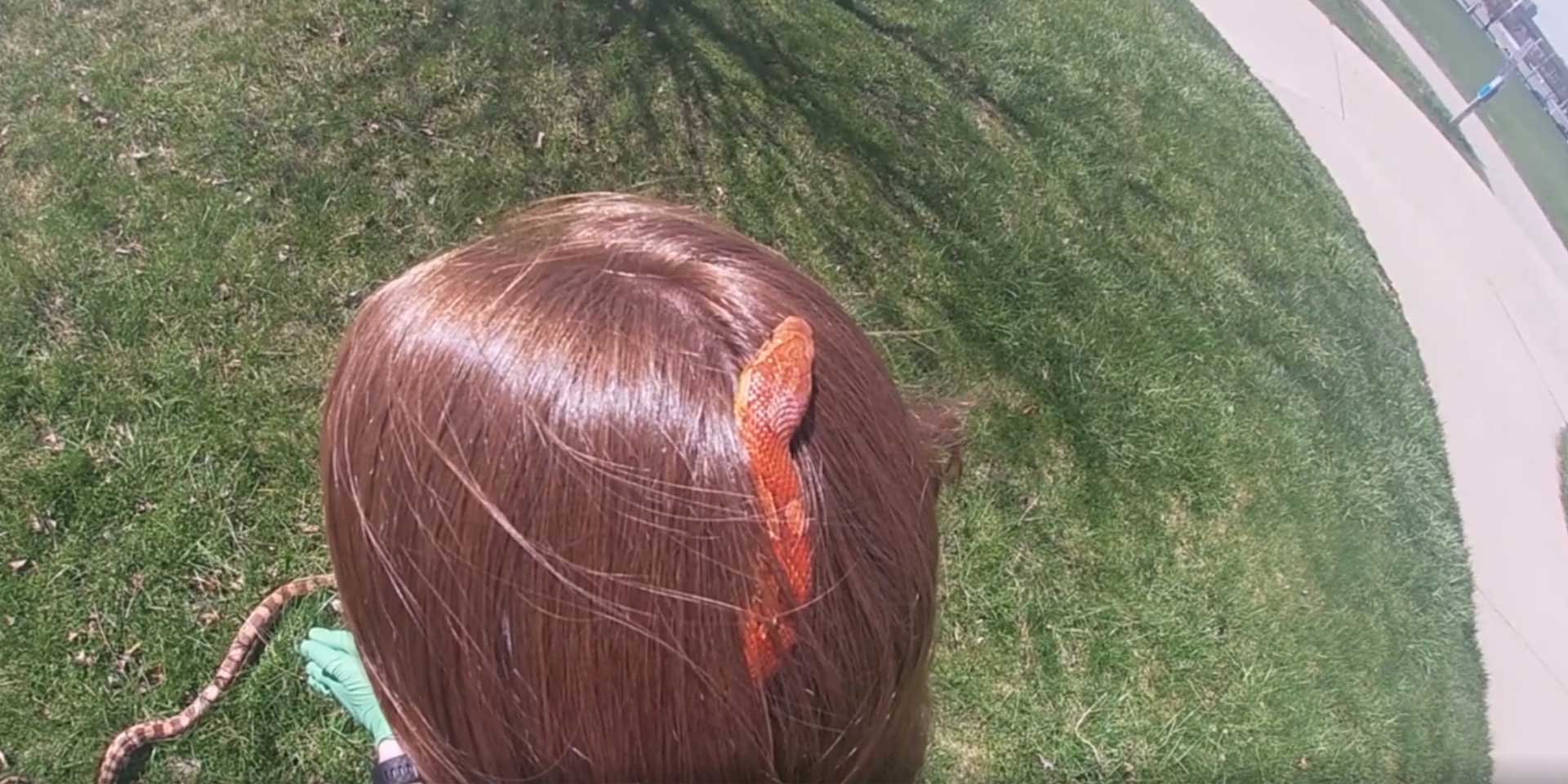 Have you ever wondered how animals use their surroundings in nature for protection from predators? Watch along as Azra and Theresa explain how stingrays, turtles, snakes, and lobsters use patterns in nature to stay safe. Countershading and Camouflage Video
Have you ever wondered how animals use their surroundings in nature for protection from predators? Watch along as Azra and Theresa explain how stingrays, turtles, snakes, and lobsters use patterns in nature to stay safe. Countershading and Camouflage Video

